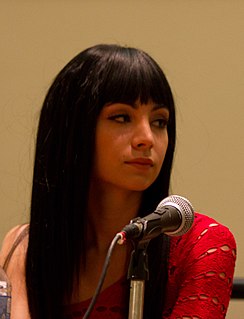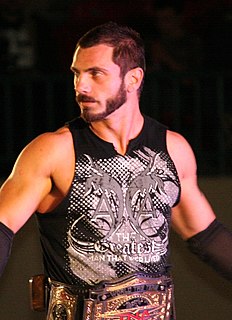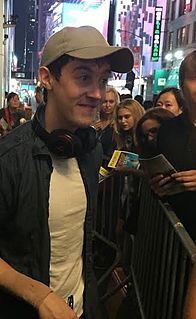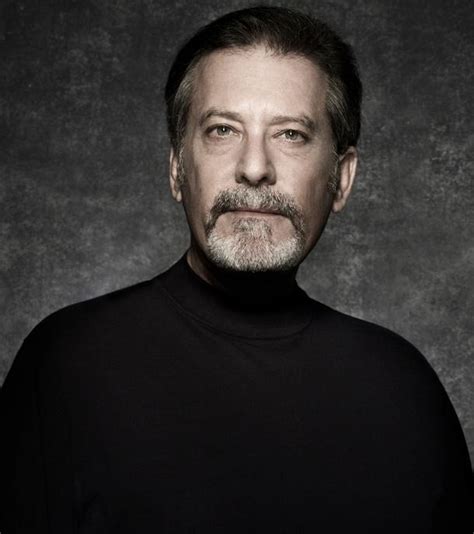A Quote by Molly Antopol
In terms of the Eastern Europe stories, my family is originally from there; even as a kid, it was the Russian writers I loved most, and I've spent a substantial amount of time there myself, traveling and on research grants.
Related Quotes
Vladimir Putin is a Russian czar. He's kind of a mix of Peter the Great and Stalin. He's got both in his veins. And he looks out first and foremost for the national security interests of Russia. He accepts that, in Eastern Europe, that is a Russian backyard, that is a Russian sphere of influence. Ukraine lives most uncomfortably and unhappily in a Russian backyard.
I don't want to predict calamity. But I am afraid of a new Russian occupation of parts of Eastern Europe. Also of a new Russian campaign to exert influence in Germany or other parts Europe, aimed at making continental politics less democratic. I am afraid of a US trade war and even a shooting war with China.
I've always loved short stories. Even before I was a writer I was reading short stories - there were certain writers where I just felt like they could do in a short story what so many writers needed a whole novel to do, and that was really inspiring to me. Alice Munro, I felt that way about from an early time. Grace Paley.
I don't have a lot of free time with the amount of traveling that I do, but most of pro wrestling isn't catered to me. I am not a kid. There are a lot of guys that complain to me about the product, but it's like, well, you are not a kid. It is catered to sell t-shirts and merchandise to kids and their parents.
Yiddish, originally, in Eastern Europe was considered the language of children, of the illiterate, of women. And 500 years later, by the 19th century, by the 18th century, writers realized that, in order to communicate with the masses, they could no longer write in Hebrew. They needed to write in Yiddish, the language of the population.
I think that most people don't think in terms of an American revolution, they think in terms of a Russian revolution, or even a Ukrainian revolution. But the idea of an American revolution does not occur to most people. And when I came down to the movement milieu seventy-five years ago, the black movement was just starting, and the war in Europe had brought into being the "Double V for Victory" [campaign]: the idea was that we ought to win democracy abroad with democracy at home. And that was the beginning of an American revolution, and most people don't recognize that.




































